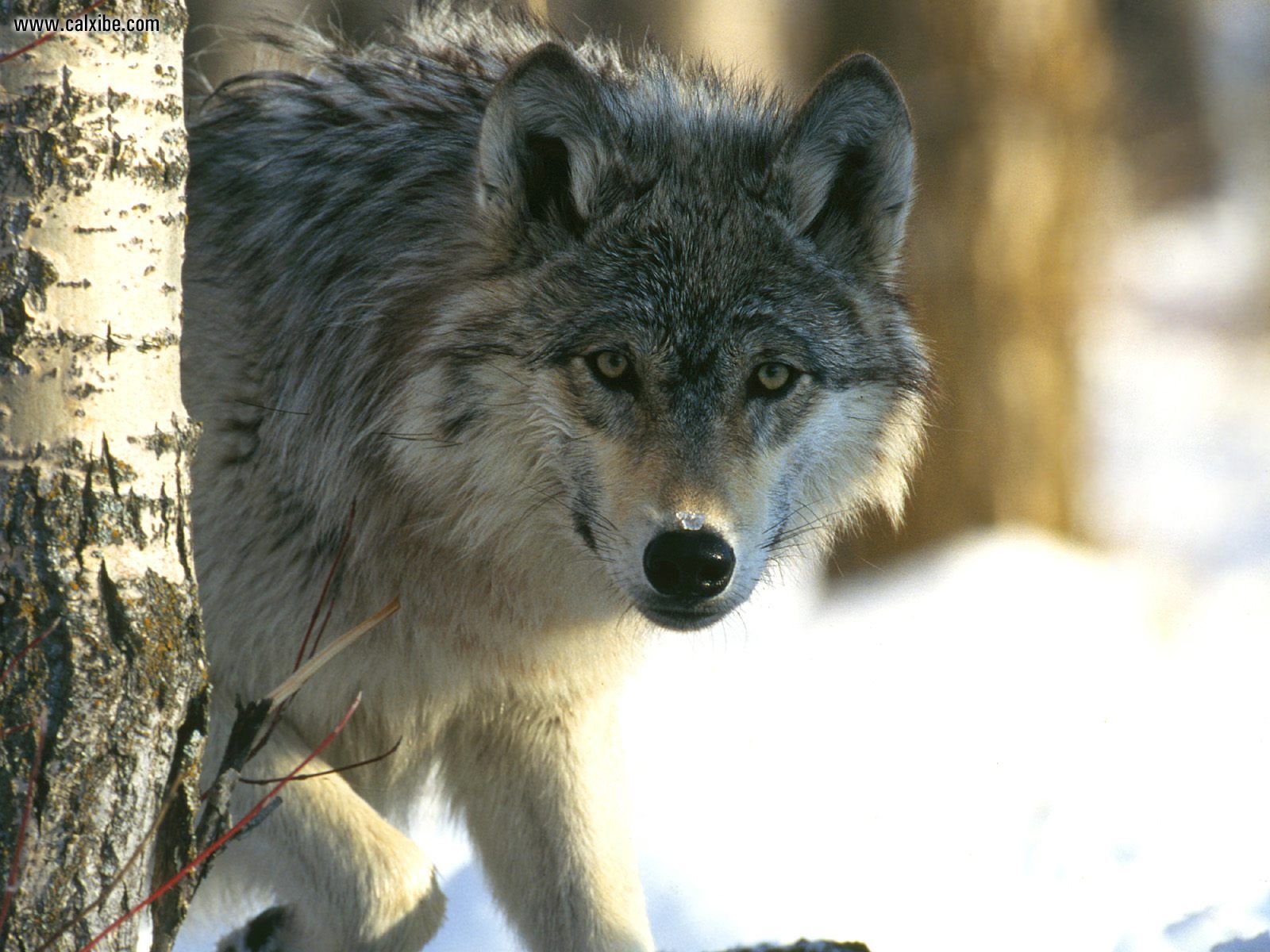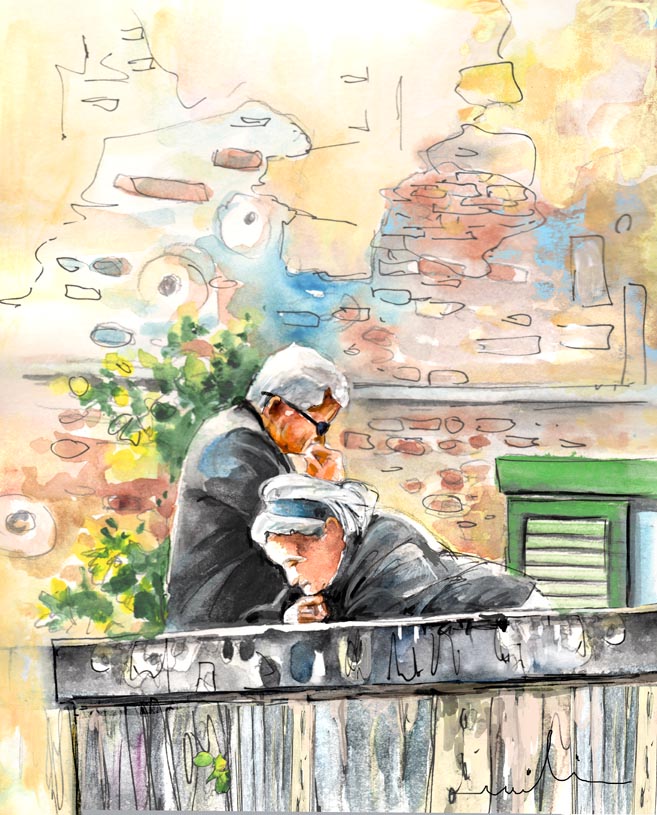Pray to whomever you kneel down to:
Jesus nailed to his wooden or plastic cross,
his suffering face bent to kiss you,
Buddha still under the bo tree in scorching heat,
Adonai, Allah. Raise your arms to Mary
that she may lay her palm on our brows,
to Shekhina, Queen of Heaven and Earth,
to Inanna in her stripped descent.
Then pray to the bus driver who takes you to work.
On the bus, pray for everyone riding that bus,
for everyone riding buses all over the world.
Drop some silver and pray.
Waiting in line for the movies, for the ATM,
for your latte and croissant, offer your plea.
Make your eating and drinking a supplication.
Make your slicing of carrots a holy act,
each translucent layer of the onion, a deeper prayer.
To Hawk or Wolf, or the Great Whale, pray.
Bow down to terriers and shepherds and Siamese cats.
Fields of artichokes and elegant strawberries.
Make the brushing of your hair
a prayer, every strand its own voice,
singing in the choir on your head.
As you wash your face, the water slipping
through your fingers, a prayer: Water,
softest thing on earth, gentleness
that wears away rock.
Making love, of course, is already prayer.
Skin, and open mouths worshipping that skin,
the fragile cases we are poured into.
If you’re hungry, pray. If you’re tired.
Pray to Gandhi and Dorothy Day.
Shakespeare. Sappho. Sojourner Truth.
When you walk to your car, to the mailbox,
to the video store, let each step
be a prayer that we all keep our legs,
that we do not blow off anyone else’s legs.
Or crush their skulls.
And if you are riding on a bicycle
or a skateboard, in a wheelchair, each revolution
of the wheels a prayer as the earth revolves:
less harm, less harm, less harm.
And as you work, typing with a new manicure,
a tiny palm tree painted on one pearlescent nail
or delivering soda or drawing good blood
into rubber-capped vials, writing on a blackboard
with yellow chalk, twirling pizzas—
With each breath in, take in the faith of those
who have believed when belief seemed foolish,
who persevered. With each breath out, cherish.
Pull weeds for peace, turn over in your sleep for peace,
feed the birds, each shiny seed
that spills onto the earth, another second of peace.
Wash your dishes, call your mother, drink wine.
Shovel leaves or snow or trash from your sidewalk.
Make a path. Fold a photo of a dead child
around your VISA card. Scoop your holy water
from the gutter. Gnaw your crust.
Mumble along like a crazy person, stumbling
your prayer through the streets.
(Copper Canyon Press, 2007). Text as presented on the poet's
Shot at a temple in Singapore of Avilokiteshvara (Quan Yin), "the Goddess who looks upon the world with compassion," the photograph was taken from above the head of a statue of a devotee with folded hands.
 "Eliminating the Horizon" by Linda Nemec Foster, from Talking Diamonds (New Issues Press, 2009). © Linda Nemec Foster. Presented here by poet submission.
"Eliminating the Horizon" by Linda Nemec Foster, from Talking Diamonds (New Issues Press, 2009). © Linda Nemec Foster. Presented here by poet submission.


















%2C%2BMixed%2BMedia%2B%26%2BAcrylic%2Bon%2BCanvas%2C%2B%247100%2CUnframed-600x600.JPG)





















